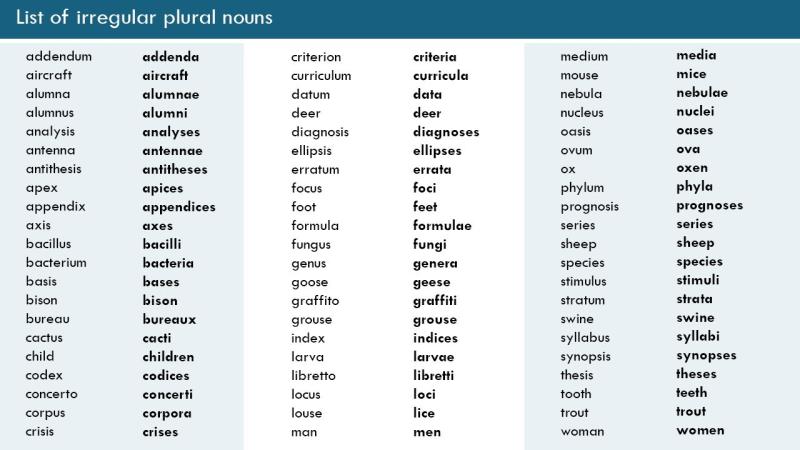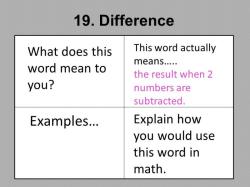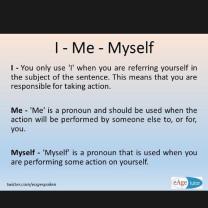Do all nouns have a plural form?
In English, most nouns have a distinct plural form that indicates more than one of the noun. However, there are some exceptions where certain nouns have the same form for both singular and plural or lack a conventional plural form. Here's a breakdown:
Nouns with Same Singular and Plural Forms:
Singularia Tantum: These are nouns that are only used in the singular form, denoting concepts or items that don't naturally have a plural.
- Example: Furniture, Information, Music
Pluralia Tantum: These are nouns that only exist in the plural form and don't have a singular counterpart.
- Example: Scissors, Pants, Glasses
Collective Nouns: Some nouns refer to groups or collections of things and are treated as singular, though they may represent multiple entities.
- Example: Team, Family, Committee (treated as singular but may denote multiple members)
Zero-Plural Nouns:
Mass or Uncountable Nouns: These nouns represent substances or concepts that are treated as singular and don't have a plural form.
- Example: Water, Air, Happiness
Abstract Nouns: Words denoting qualities, emotions, or abstract concepts often lack a plural form.
- Example: Love, Courage, Honesty
Proper Nouns: Names of specific entities or places usually don't have a plural form.
- Example: John, Paris, Google
Miscellaneous Exceptions:
Nouns with Ambiguous Plurals: Some nouns can have different meanings in singular and plural forms.
- Example: Deer (singular), Deer or Deers (plural in some dialects), Fish (can be singular or plural depending on context)
Latin or Greek Origin: Some technical or scientific terms retain their original plural forms from Latin or Greek.
- Example: Criterion → Criteria, Phenomenon → Phenomena
While the majority of English nouns have a distinct plural form, these exceptions don't follow the typical rules for pluralization. Understanding these nuances helps navigate the language, as they often have specific contexts or grammatical conventions associated with their usage.
Exceptions to pluralization rules in English grammar
Despite the general rules for pluralizing nouns in English, there are several exceptions that require careful attention. Here are some common exceptions to the "-s" or "-es" rule:
Nouns ending in "ch," "sh," "x," or "z": These nouns typically add "-es" to form the plural. For example: church - churches, bush - bushes, box - boxes, waltz - waltzes
Nouns ending in "o" preceded by a consonant: These nouns also add "-es" to form the plural. For example: tomato - tomatoes, potato - potatoes, hero - heroes
Nouns ending in "y" preceded by a consonant: These nouns typically change the "y" to "i" and add "-es" to form the plural. For example: baby - babies, city - cities, sky - skies
Nouns ending in "f" or "fe": These nouns often change the "f" to "v" and add "-es" to form the plural. For example: wife - wives, calf - calves, leaf - leaves
Nouns ending in "-on": These nouns typically change the "-on" to "-a" to form the plural. For example: child - children, person - people, ox - oxen
Irregular plural nouns: Certain nouns have irregular plural forms that deviate from the standard rules. For example: man - men, woman - women, tooth - teeth
Nouns that remain singular despite denoting multiple entities
Some nouns, despite denoting multiple entities, remain singular in form and usage. These nouns are often considered collective nouns or unit nouns. Examples include:
Family: "The family gathered for the holidays."
Team: "The team won the championship."
Committee: "The committee reached a decision."
Audience: "The audience applauded enthusiastically."
Government: "The government enacted new policies."
Understanding the distinction between singular and collective nouns
Singular nouns refer to a single entity, while collective nouns refer to a group of individuals or things treated as a single unit. The distinction between singular and collective nouns can affect the use of verbs and pronouns in a sentence.
With singular nouns, verbs and pronouns are typically singular. For example:
The cat sat on the mat.
The student studied for the exam.
With collective nouns, verbs and pronouns can be either singular or plural, depending on whether the group is acting as a single unit or as individuals. For example:
The family is having a reunion. (Collective noun, singular verb)
The team is celebrating their victory. (Collective noun, plural verb)
The government has implemented new measures. (Collective noun, singular verb)
The committee is divided on the issue. (Collective noun, plural verb)












